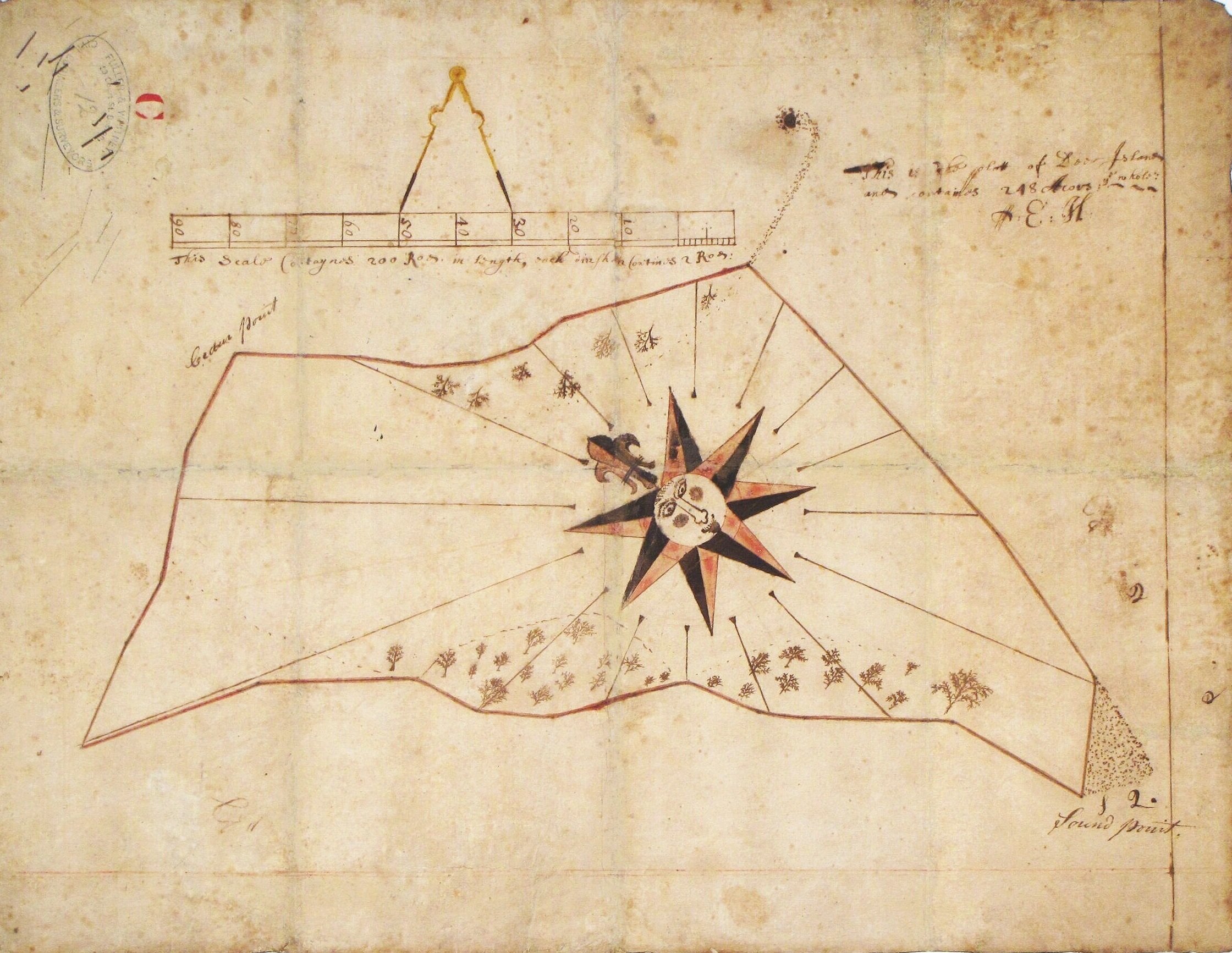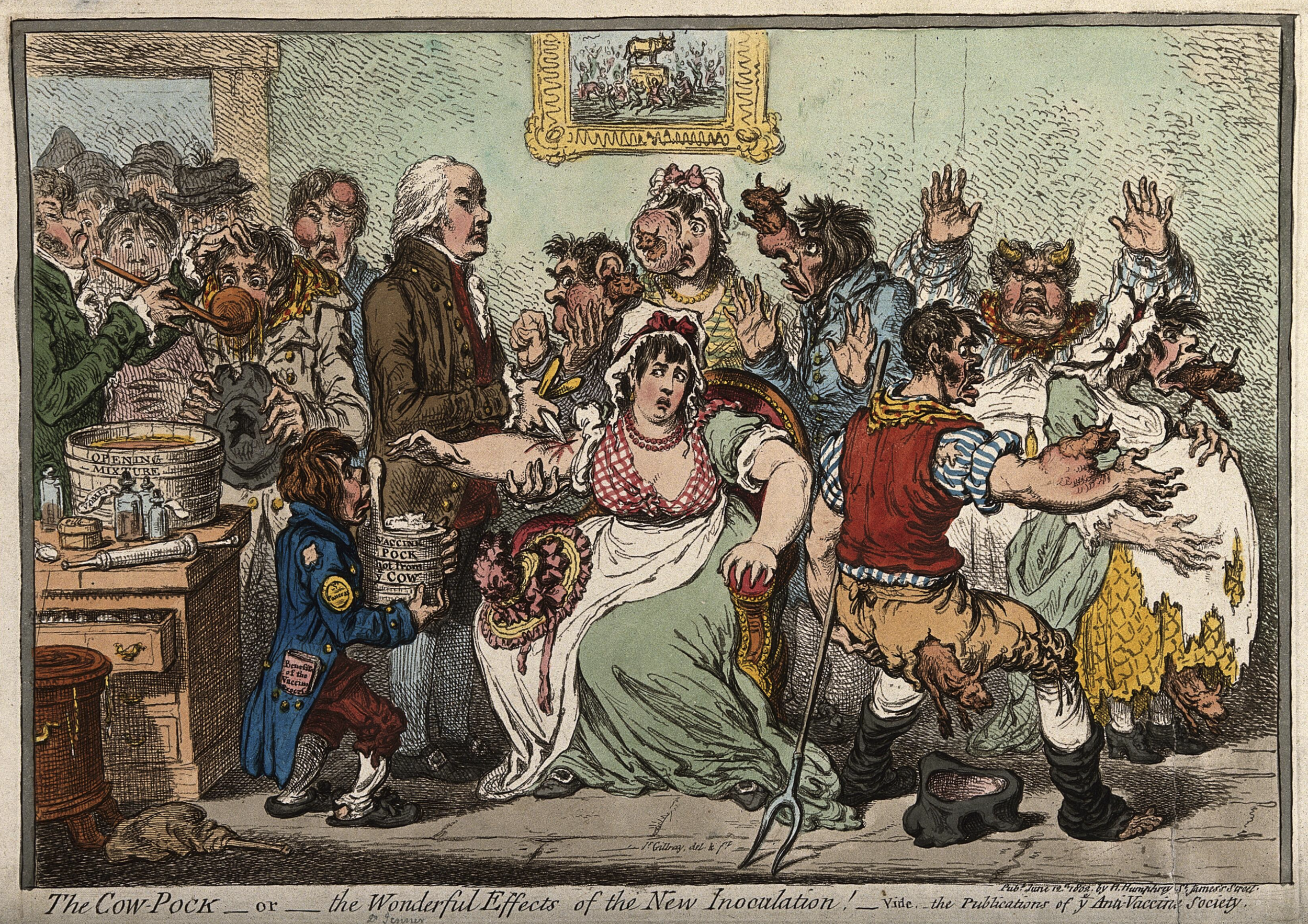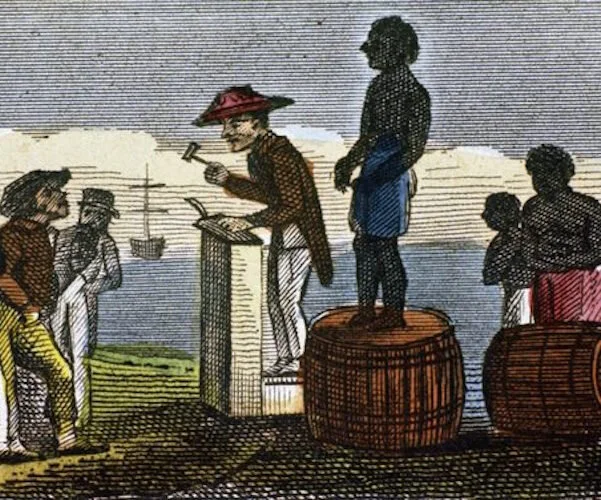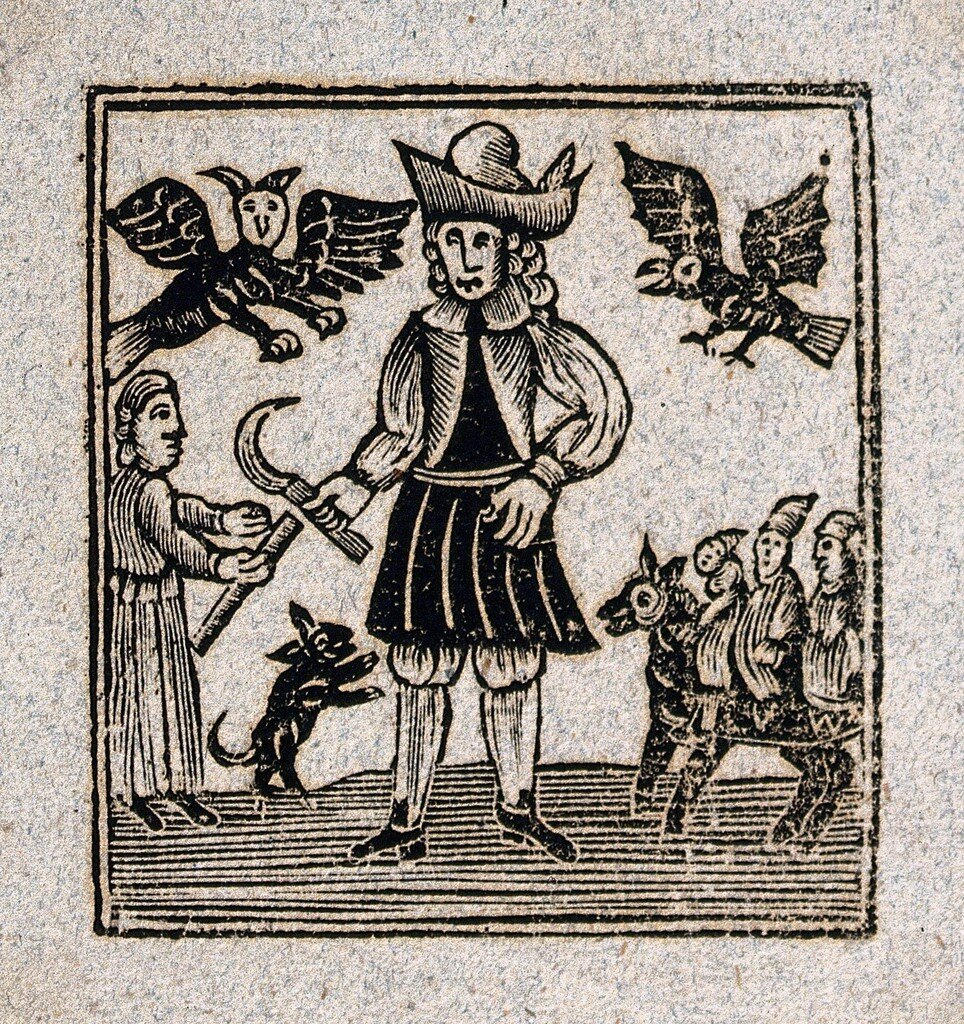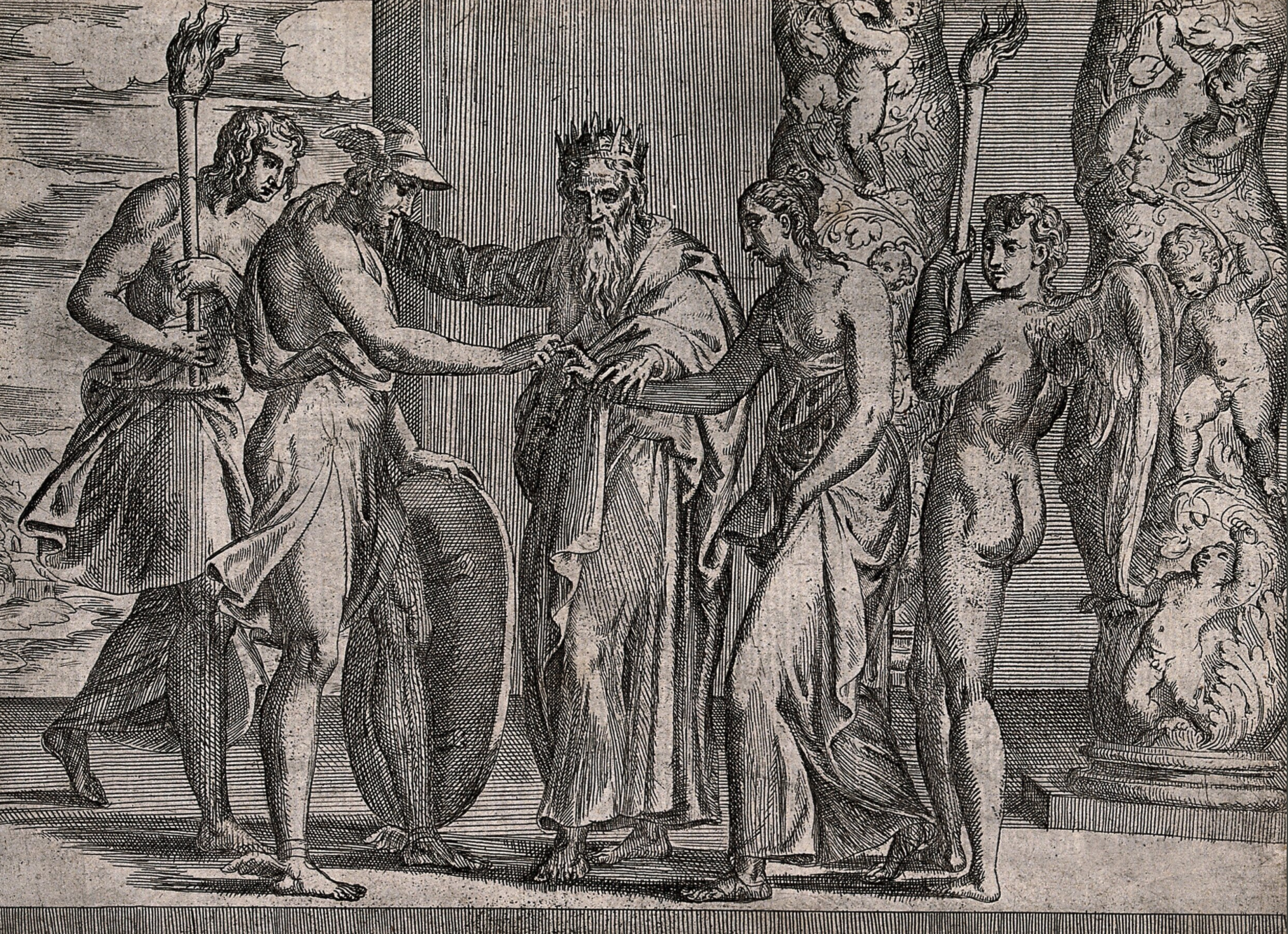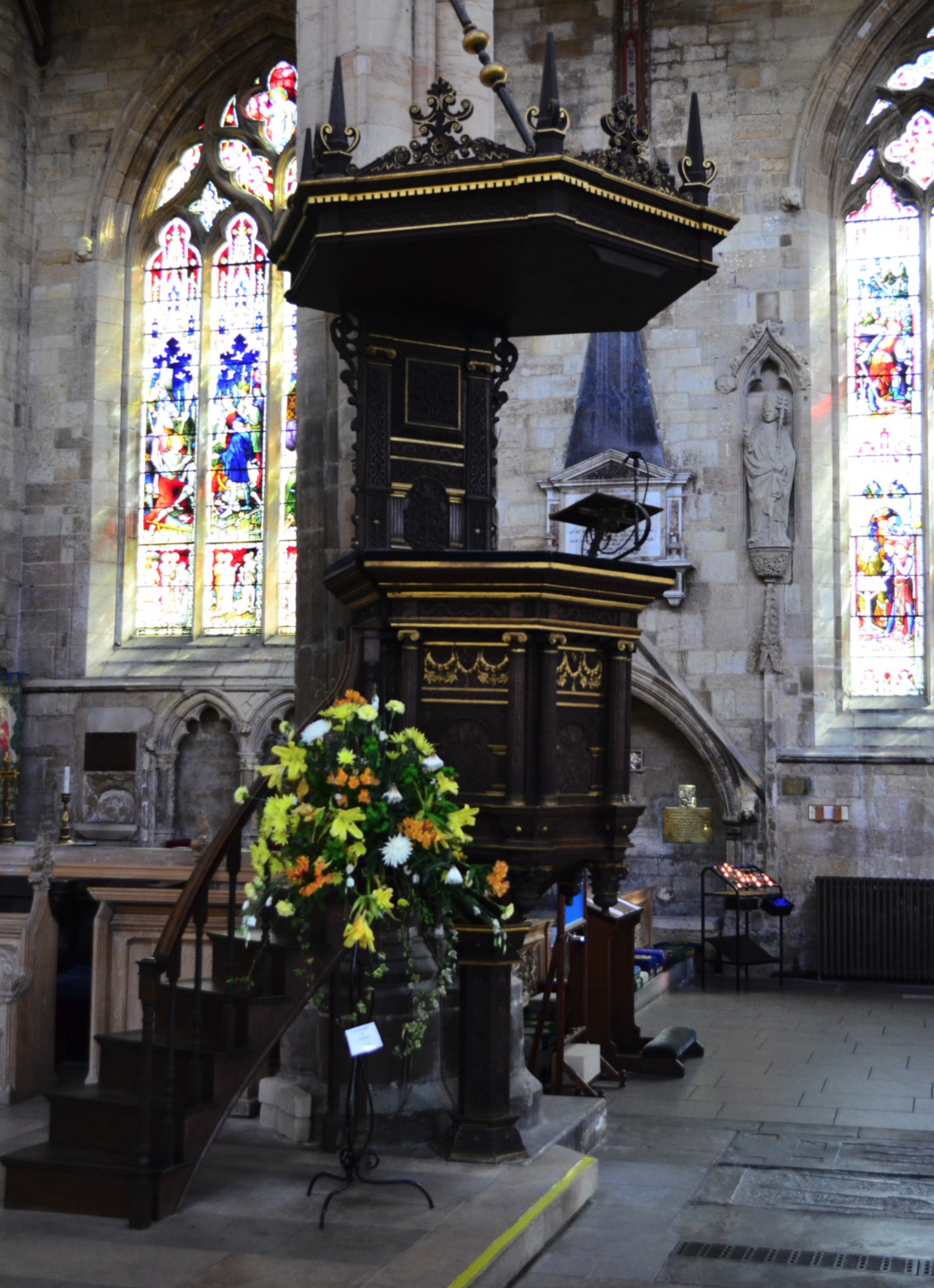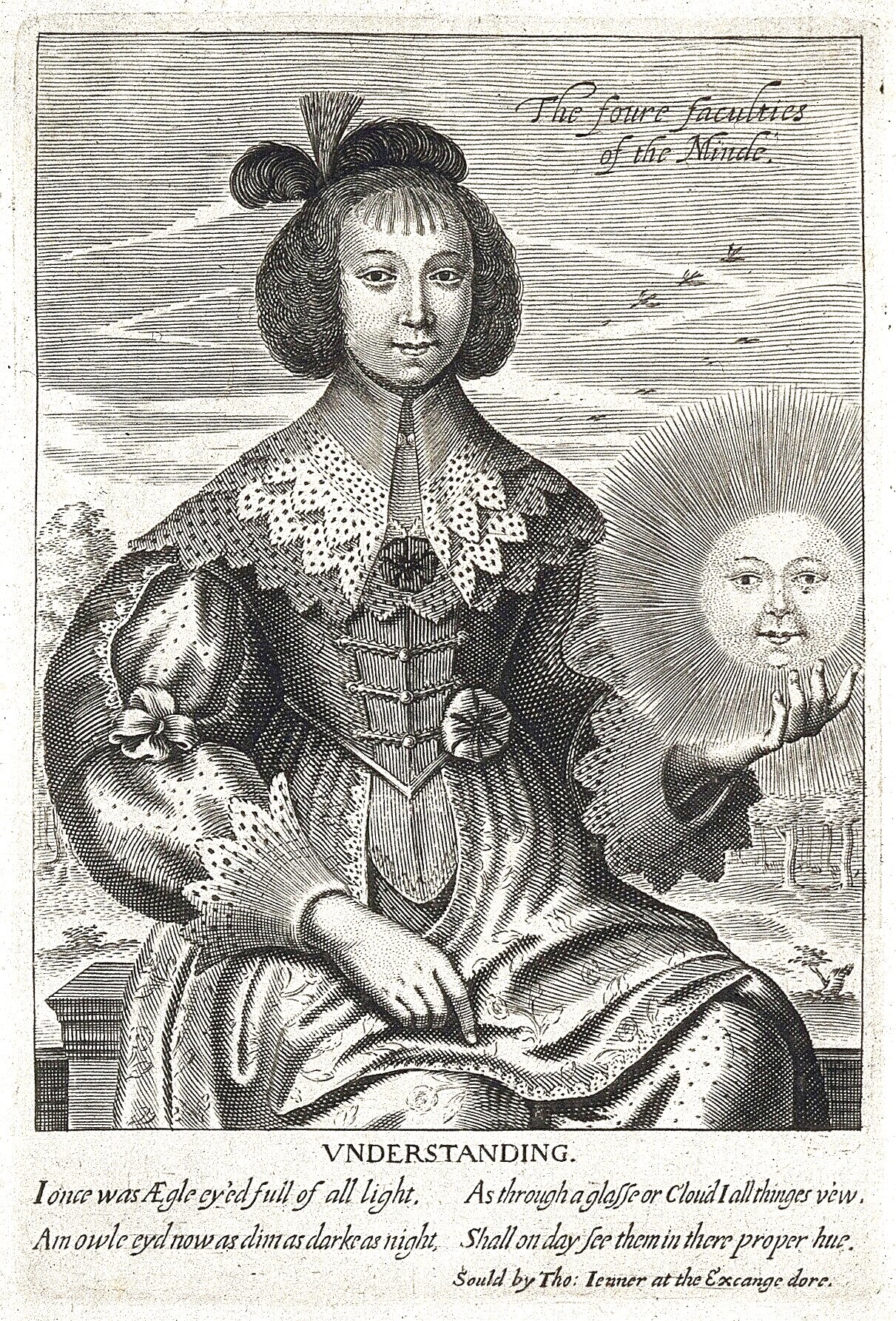
Blog
From paradise to prison
For Native people, the land that became Boston and its harbor islands were a paradise for fishing and cultivation. Just decades later, Deer Island was a war-time prison, where 500 Native people died of cold, starvation, and disease. Lance Young, chief sachem of the Nemasket, tells a history we cannot forget.
ANTI-VAXXERs and the smallpox debate of 1721
Should we wear masks? Are vaccines safe? The public-health questions prompted by Covid-19 are more pressing than ever in our lifetime. But they’re not new. In 1721, debate erupted in Boston as smallpox broke out: to inoculate or not. A single physician said yes. Find out how the 17th century version of anti-vaxxers changed their tune and inoculations saved lives.
Of One Blood? Cotton Mather’s Christian Slavery
All people are of one blood, wrote New England’s most influential minister, Cotton Mather - but only in heaven. On earth, enslaved people are in their rightful place. Read Eduardo Gonzalez’s penetrating and eloquent discussion of Cotton Mather’s theology of a “Christian slavery.”
THE PURITANS: 5 MYTHS
Did they come for freedom? Did they hate sex? Was H.L. Mencken correct: that Puritanism is the haunting fear that someone, somewhere, may be happy? Lori Rogers-Stokes explodes the myths.
The quest for a godly kingdom
The story of the two Bostons starts with the Reformation. Award-winning historian Francis J. Bremer illuminates the profound faith of English Puritan communities, their desire for a godly kingdom, and the journey they took to achieve one.
“Love was their banqueting house, love was their wine”
It might be hard to believe, but the Puritans welcomed sex. Independent scholar Lori Stokes gives her provocative take on the private life of Puritans.
A Puritan heartland
A medieval powerhouse, a Puritan stronghold: how did Boston, Lincolnshire, became the namesake of a town more than 3,000 miles away? Author and historian Neil Wright explores the people, faith, and ethos linking the two Bostons.
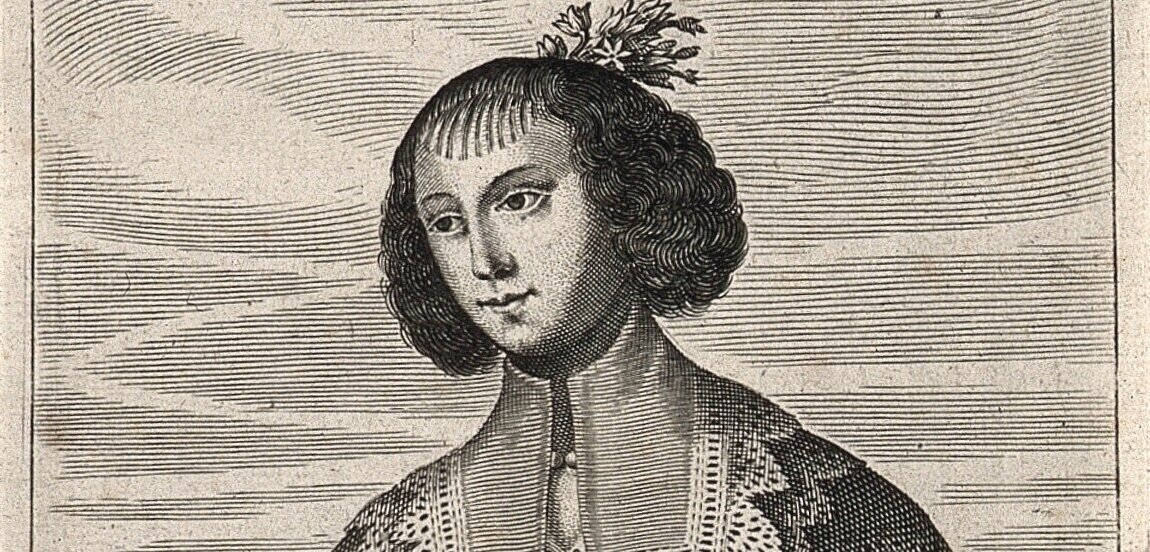
“Dear Father, I am far distant from you…”
letter from Mary Downing in Boston to her father in England, November 27, 1635

